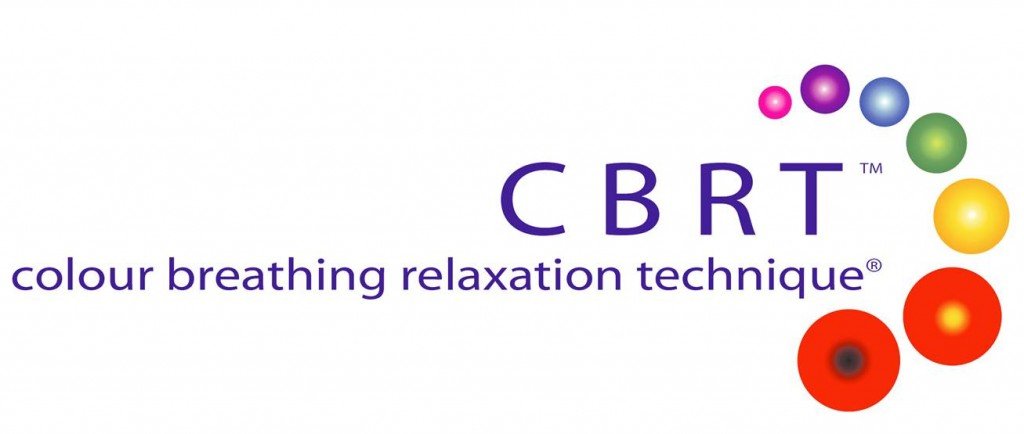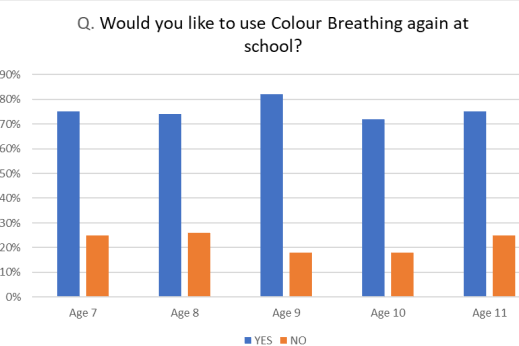CBRT is a form of visual Mindfulness -which can deliver measurable outcomes
"Mindfulness is the development of the ability to pay deliberate attention to our experience from moment to moment, to what is going on in our mind, body and day to day life and doing this without judgement."
On 5th January 2010, "The Daily Mail" carried a report that "Patients with depression should be routinely given £300 meditation courses on the NHS, doctors' claim". The article said that Mindfulness techniques used by Buddhist monks could produce 'massive savings' by halving the risk of depression coming back and that "only one in 20 family doctors are prescribing such treatment", according to a report by the Mental Health Foundation charity.
There has been much development in the field of Mindfulness since 2010. [CBRT is a form of visual mindfulness which has been in ongoing cycles of development and improvement since 1997.]
Recent scientific research appeared in JAMA Psychiatry [shown in Science Daily 9 November 2022] from Georgetown University Medical Center - "A guided mindfulness-based stress reduction program was as effective as use of the gold-standard drug -- the common antidepressant drug escitalopram -- for patients with anxiety disorders, new research finds." disorders, study finds. Full credits/to read SEE: https://www.sciencedaily.com/releases/2022/11/221109124354.htm




